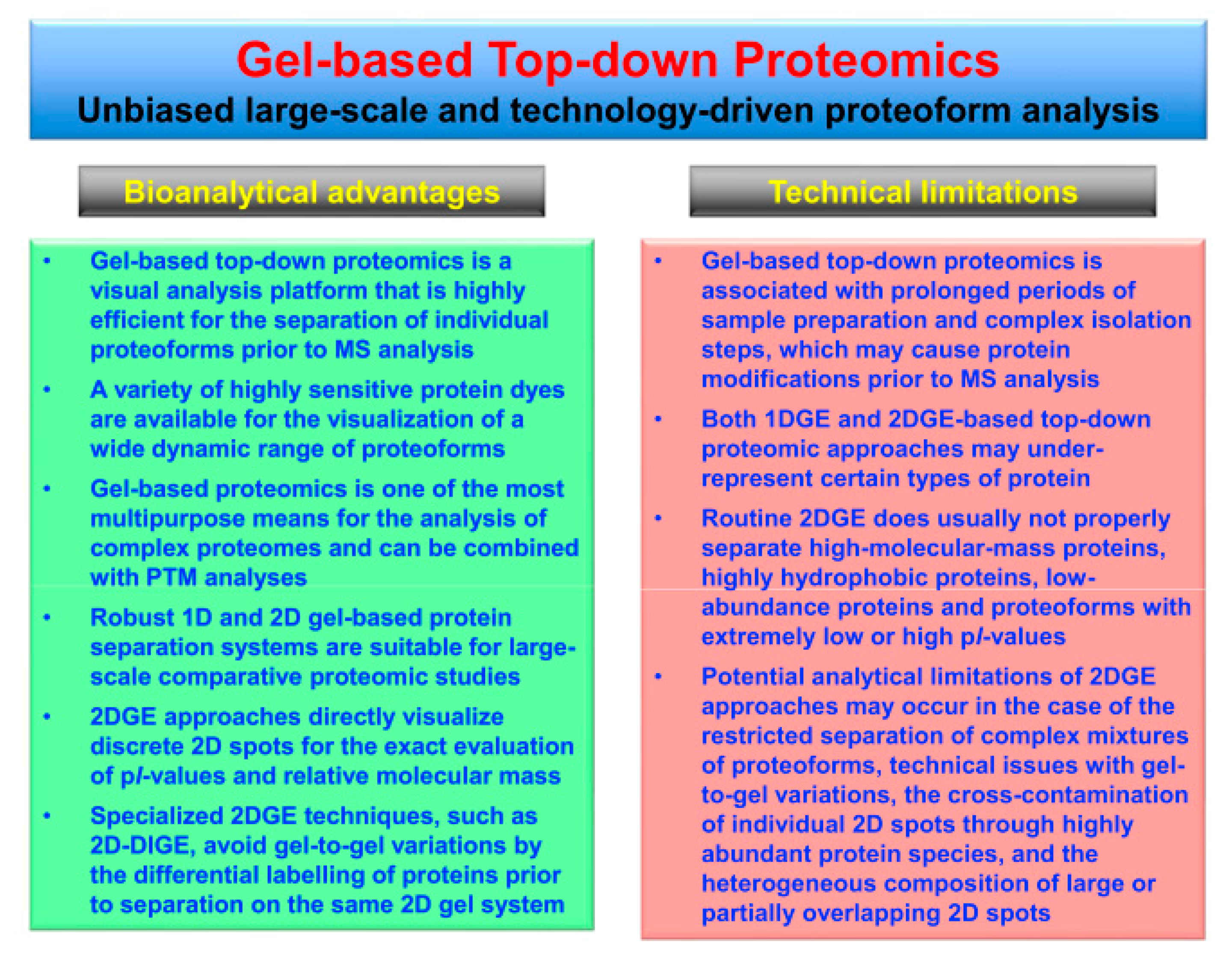Dowling, P.; et al. Characterization of Contractile Proteins from Skeletal Muscle Using Gel-Based Top-Down Proteomics. Proteomes 2019, 7, 25
Reference
- Dowling, P.; Zweyer, M.; Swandulla, D.; Ohlendieck, K. Characterization of Contractile Proteins from Skeletal Muscle Using Gel-Based Top-Down Proteomics. Proteomes 2019, 7, 25. [Google Scholar] [CrossRef] [PubMed]


© 2019 by the author. Licensee MDPI, Basel, Switzerland. This article is an open access article distributed under the terms and conditions of the Creative Commons Attribution (CC BY) license (http://creativecommons.org/licenses/by/4.0/).
Share and Cite
Dowling, P.; Zweyer, M.; Swandulla, D.; Ohlendieck, K. Dowling, P.; et al. Characterization of Contractile Proteins from Skeletal Muscle Using Gel-Based Top-Down Proteomics. Proteomes 2019, 7, 25. Proteomes 2019, 7, 28. https://doi.org/10.3390/proteomes7030028
Dowling P, Zweyer M, Swandulla D, Ohlendieck K. Dowling, P.; et al. Characterization of Contractile Proteins from Skeletal Muscle Using Gel-Based Top-Down Proteomics. Proteomes 2019, 7, 25. Proteomes. 2019; 7(3):28. https://doi.org/10.3390/proteomes7030028
Chicago/Turabian StyleDowling, Paul, Margit Zweyer, Dieter Swandulla, and Kay Ohlendieck. 2019. "Dowling, P.; et al. Characterization of Contractile Proteins from Skeletal Muscle Using Gel-Based Top-Down Proteomics. Proteomes 2019, 7, 25" Proteomes 7, no. 3: 28. https://doi.org/10.3390/proteomes7030028
APA StyleDowling, P., Zweyer, M., Swandulla, D., & Ohlendieck, K. (2019). Dowling, P.; et al. Characterization of Contractile Proteins from Skeletal Muscle Using Gel-Based Top-Down Proteomics. Proteomes 2019, 7, 25. Proteomes, 7(3), 28. https://doi.org/10.3390/proteomes7030028



